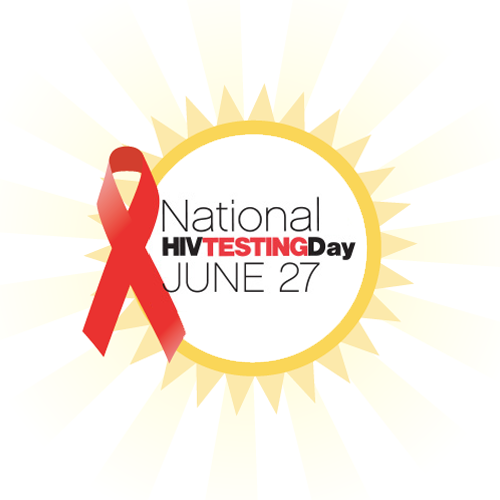
June 2017

The Office of Minority Health (OMH) at the U.S. Department of Health and Human Services administers cooperative agreement and grant programs to support projects that implement innovative models to improve minority health and reduce health disparities.
OMH has released a new competitive funding opportunity announcement (FOA) for which applications are now being accepted. Applications are due by August 1, 2017 at 5 PM ET.
Announcement Number: MP-CPI-17-004
Opportunity Title: Empowered Communities for a Healthier Nation Initiative
Estimated Funding Level: $5 million per one-year budget period, for a project period of three years
The Office of Minority Health (OMH) at the United States Department of Health and Human Services announces the availability of Fiscal Year 2017 cooperative agreement funds for the Empowered Communities for a Healthier Nation Initiative. The Empowered Communities for a Healthier Nation Initiative seeks to reduce significant health disparities impacting racial and ethnic minorities and/or disadvantaged populations through implementing evidence-based strategies with the greatest potential for impact.
The program is intended to serve residents in communities disproportionately impacted by the opioid epidemic; childhood/adolescent obesity; and serious mental illness.
In this issue:
- June is Men's Health Month
- Now Available! Healthy People 2020 Health Disparities Data Widget
- National HIV Testing Day
- Zika- Protect Yourself and Others
- What's New in the Knowledge Center
June is Men's Health Month

During June, the Office of Minority Health (OMH) invites you to join the observance of Men’s Health Month and the efforts to encourage men and boys to take steps to live healthier. The OMH theme for this year’s observance is “Helping Men Stay at the Top of Their Game- Health wise".
On average, men in the U.S. die five and a half years earlier than women and die at higher rates from 9 of the top 10 leading causes of death. This Men’s Health Month, OMH will encourage men to take important steps to improve their health, such as eating healthy food, staying active, quitting smoking, getting regular checkups and taking care of their mental health.
Here’s what you can do:
- Visit the Men’s Health Month page on the OMH website to download the “5 Plays to Help Men Stay on Top of Their Game” tip sheet
- On Friday, June 16th- Wear Blue to show you care about Men’s Health
Now Available! Healthy People 2020 Health Disparities Data Widget

The Office of Disease Prevention and Health Promotion (ODPHP) and the Office of Minority Health (OMH) are pleased to announce the release of a new health disparities data widget. The widget provides an easy way to find health disparities data related to the Healthy People 2020 objectives for the Leading Health Indicators (LHIs). LHIs are critical health issues that—if tackled appropriately—will help reduce the leading causes of death and preventable illnesses.
The widget provides charts and graphs of disparities data at your fingertips. Use the widget to browse data by:
- Disparity type—including disability, education, income, location, race and ethnicity, and sex
- Leading Health Indicator
It’s easy to embed the widget on your own website to give your networks easy access to the latest available disparities data. Once you’ve added the widget, there’s no technical maintenance required. The content will update automatically.
We’re excited to share the new health disparities widget with you. We hope this new tool helps inform your research in issues related to health equity.
Tell your colleagues and networks about the Healthy People 2020 health disparities widget. Forward this email or tweet about it: Add @GoHealthyPeople’s new widget with data on #HealthDisparities to your site: https://go.usa.gov/xNmMb
National HIV Testing Day

According to Anthony S. Fauci, M.D., director, National Institute of Allergy and Infectious Diseases, “Much progress has been made in HIV/AIDS research since the disease was first recognized in 1981.” Today, lifesaving antiretroviral therapies allow those living with HIV to enjoy longer, healthier lives—an outcome that once seemed unattainable.” To participate in the Department of Health and Human Service’s initiative,” Act Against AIDS” this year, download poster images and other resources at https://www.cdc.gov/features/
Zika- Protect Yourself and Others

Zika can be passed through sex from a person who has Zika to his or her sex partners. Studies are underway to find out how long Zika stays in the semen and vaginal fluids of people who have Zika, and how long it can be passed to sex partners. We know that Zika can remain in semen longer than in other body fluids, including vaginal fluids, urine, and blood.
Learn how to protect yourself during sex(https://www.cdc.gov/zika/
What's New in the Knowledge Center
 | Visit the Office of Minority Health’s online library catalog- the largest minority health and health disparities resource in the U.S. for more information and resources related to this month's issue of Health Equity Link. |





















.jpg)









No hay comentarios:
Publicar un comentario